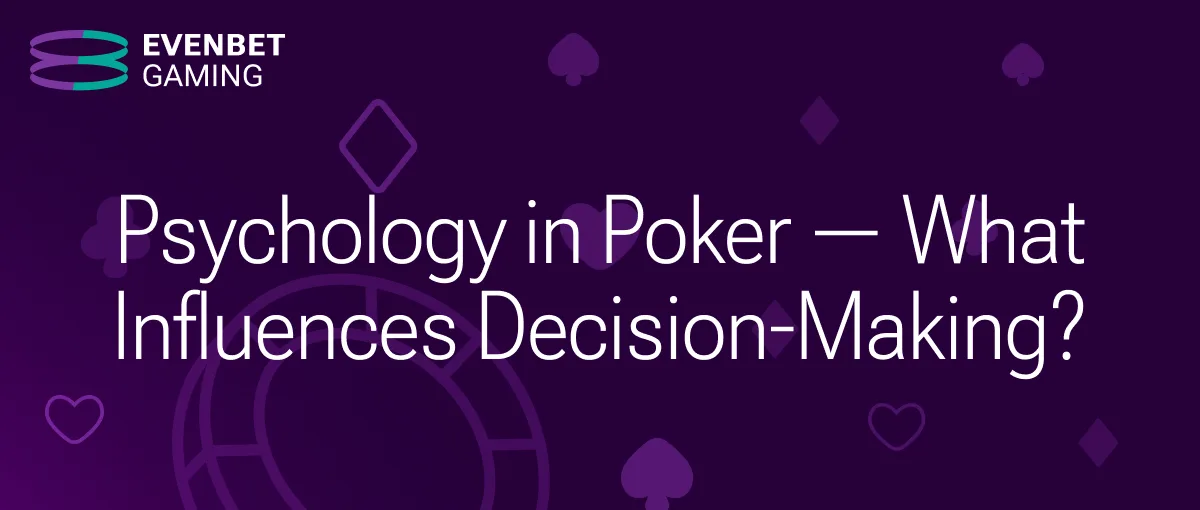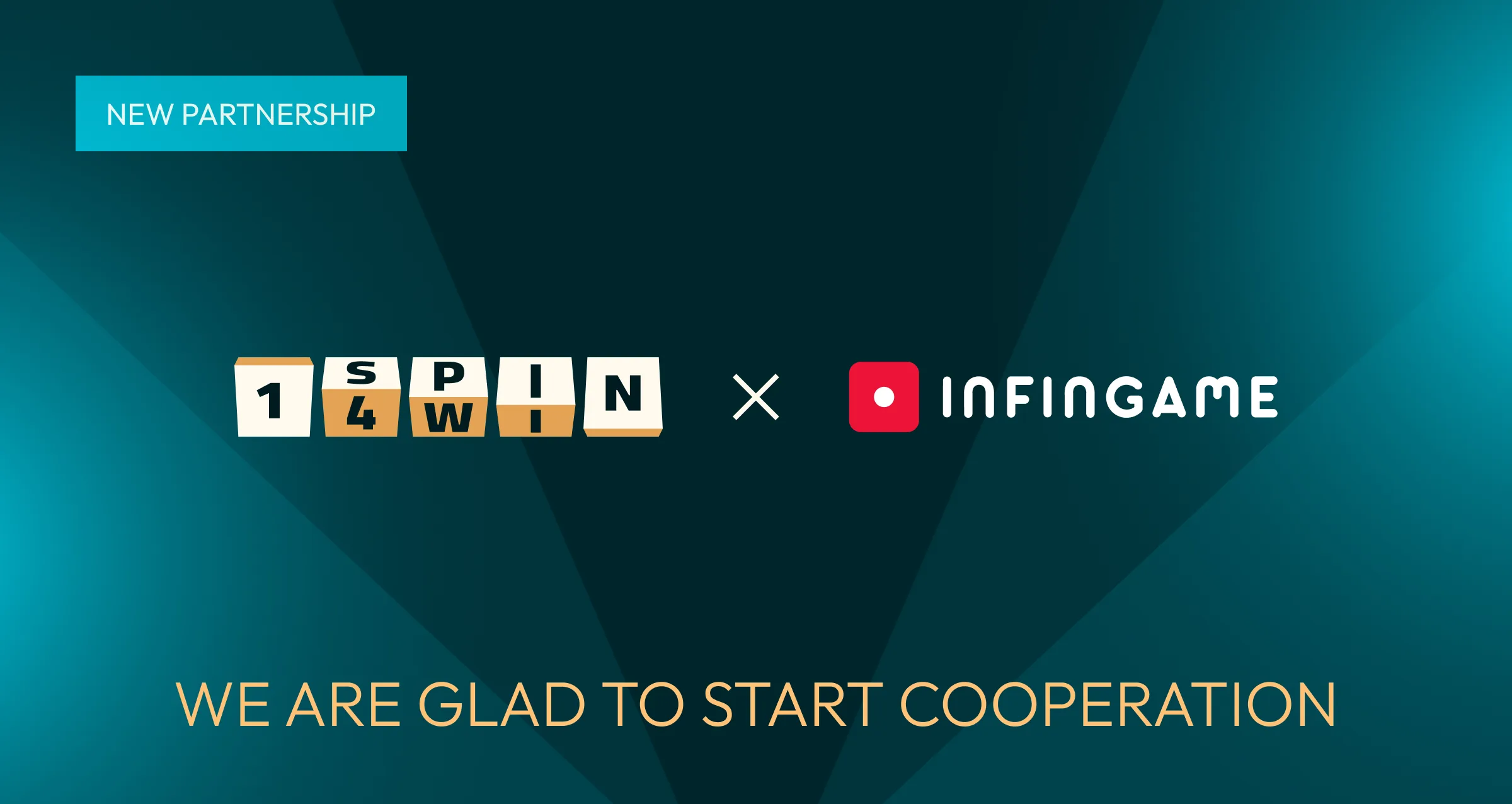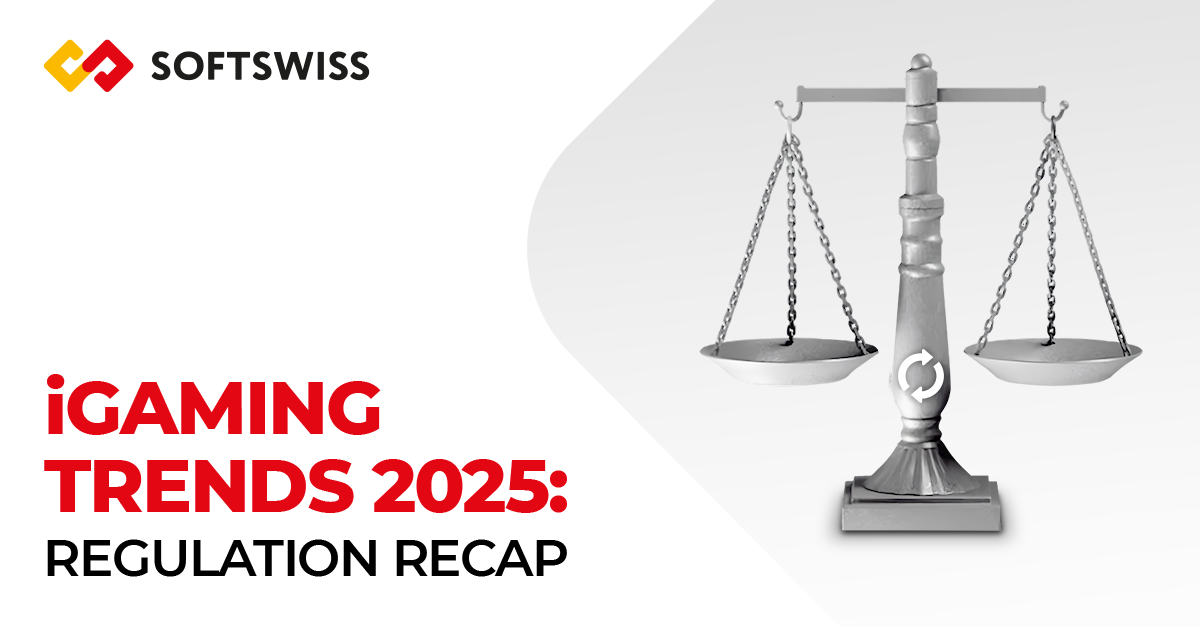In poker, intelligence is as important as the cards and the chips on the table. Imagine you are a player in the final table of a big tournament. The pot has a large sum, and you are up against an all-in bet from a player who you know is loose-aggressive. Your hand is powerful, but not invincible. You sit there thinking about what you are going to do next and worrying that you don’t have all the intel that might help you win. You are nervous because you don’t want to make a stupid mistake and lose it all. This is a simple example that shows how psychology and emotions play a significant role in poker.
The purpose of this article is to discuss the complex psychological aspects that influence decision-making in poker and how the knowledge of these aspects can greatly affect the game’s outcome for players and its profitability for operators. Drawing insights from EvenBet Gaming’s 20 years of experience in online poker solutions, we’ll explore how you can implement psychology-driven gameplay and platform design.
The importance of psychology in poker
Poker cannot be discussed only in terms of probability and pot odds, it would be unfair. These are the technicalities of the game, while the psychological aspect and skills are what sets the difference between a professional player and an amateur.
Poker decision-making is a multifaceted process that involves numerous conscious and unconscious factors: in one moment, a player is calculating pot odds — a moment later, trying to control emotions after a bad beat. This mental instability can cause one to lose focus and relax the grip on their performance and lose the game. On the other hand, knowing when an opponent is stressed and being able to keep a cool head yourself are two factors that can bring a victory in poker.
Conscious decision-making
Strategic or controlled thinking and keeping one’s emotions at bay are usually attributed to System 2 in the dual-process model. Players think their decisions through and try to make the best choice possible given the information they have.
- Player profiling and reads: classifying the opponents to predict what they are going to do next is a great advantage. It is as if you have an improved vantage point of the game and can comprehend different kinds of players and their expected behaviour.
- Bankroll management and risk tolerance: the fear of losing one’s bankroll can go a long way in affecting the decision-making process. The psychological equilibrium is achieved by proper handling of the bankroll and risk-taking skills.
- Table dynamics and position: the psychological climate of a poker game may often shift due to the position of the players at the table. For example, players on the button often feel more confident and have a wider range of options, as they can see how their opponents react to their actions. In contrast, players under the gun may feel pressure to act quickly and may be more likely to fold or play cautiously to avoid losing chips early in the hand.
However, conscious decision-making has its drawbacks. This can be rather time-consuming and mentally exhausting, which may result in decision fatigue in long poker games. This strategy, which some would call “overthinking” also mostly ignores intuition, a quality that also plays a huge role in poker success.
Unconscious decision-making
The decisions that players make subconsciously or instinctively are often referred to as “gut feeling” or “snap decisions”. This approach to decision-making corresponds with System 1 in the dual-process theory, which is based on quick, effortless, and affective processing. Unconscious factors influencing poker decisions include:
- Pattern recognition: unconsciously recognising familiar circumstances or tells that other players have.
- Emotional state: emotions can be instrumental and detrimental in the game of poker. While a moderate level of excitement can help with concentration, allowing fear or frustration to take over may lead to faulty decision-making. Emotions influence risk assessment, and a player needs to recognise and control them.
- Cognitive biases: automatic pre-shaped notions that can cause one to make wrong decisions. For instance, confirmation bias may cause a player to disregard clear indications that an opponent has a strong hand because the player believes the opponent is bluffing. Also, the gambler’s fallacy which is the belief that one is likely to win the next round after losing several times is a mistake. Priming effects are another example: past hands or experiences that influence the current decisions.
- Physical factors: physical health is one of the factors that influence decision-making. For instance, fatigue can impair reason and the capacity to make the right decisions. If a player is exhausted after several hours of play, this will impact their decision-making.
- External pressures: the psychological pressure can be further compounded by factors such as time constraints and financial risks, which makes the decision-making process even more complicated.
Using intuition is very effective and can be as accurate as any other decision-making process, especially in players who have developed their unique poker patterns. However, it can also be affected by external factors or personal biases and therefore lead to wrong conclusions.
Enhancing player engagement with innovative features
The online poker business is dynamic and revolves around the players’ involvement. It is possible to make a range of features that reflect the psychological aspects of poker and the preferences of players to change the game. EvenBet Gaming has introduced the In-Store with several features that not only focus on the psychological aspects of poker but also create new opportunities for players’ engagement and additional income streams for operators.
Time Bank: a psychological safety net
This feature relieves tension in critical hands by allowing players more time to think and act. This can reduce the rate of hasty decisions and eliminate the kind of plays that are made only due to lack of time. From a psychological point of view, it serves as insulation and may help build confidence and reduce anxiety in players.
Rabbit Hunting: addressing the need to know
The Rabbit Hunt feature enables the players to look at the cards that would have been dealt if the hand was to continue. Psychologically, this satisfies the need for information that would otherwise result in second-guessing and tilt. In addition, it helps players improve their reading abilities and think through the strategies for the next hand.
Opponent game statistics: strategic advantage
The possibility of buying access to the opponent’s game statistics is especially interesting from a psychological point of view. This feature is useful to the players as it gives them information on their opponents’ playing styles, which may affect their strategy.
Providing more information to ease decision-making
In addition to the In-Store perks, an operator may simply provide more information to a player: showing their current hand and its strength at any game stage, a probability to win at the heads up stage, and similar calculations. EvenBet’s platform allows to integration of these data into a poker table by default.
Automating simple decisions
Taking into account that even the simplest decision requires mental effort, an operator can provide tools to avoid making too many of them. For example, Smart Fold is a feature that allows a player to set a range of pocket card combinations that will be automatically folded, therefore, they would be involved only in those hands that show any promise to win.
The future of online poker
Creating exciting, psychologically appealing experiences that will fit the range of players’ interests is the best way forward for new online poker solutions. Features similar to Time Bank or Rabbit Hunting are not just gameplay additions: these are tools that can change the psychological tone of the game and enhance the experience of the players.
Incorporating these engagement-related elements into the game means that we are not just improving the UX, but changing the very essence of online poker. For operators looking to stay ahead in this evolving landscape, partnering with experienced providers like EvenBet Gaming can be a game-changer: the customisable platform, built on a deep understanding of player psychology and market trends, offers a competitive edge in today’s dynamic online poker industry.
Read More: Best trading platform for beginners














